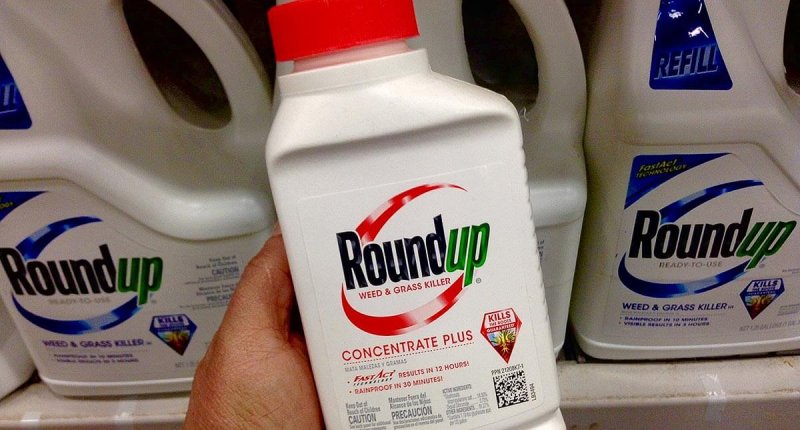The only reason Bayer is paying anybody anything is a flawed U.S. tort system that left the company little choice. Plaintiffs’ lawyers spent tens of millions of dollars on a years-long campaign to recruit clients for lawsuits based upon the questionable scientific opinions of paid experts. Some of the experts only began linking Roundup to cancer shortly before they started appearing in court.
Judges allowed those experts to testify in front of non-scientist jurors who were understandably sympathetic toward plaintiffs suffering from a potentially fatal disease. Those jurors overlooked — or in some cases were never told — that government experts consider Roundup to be safe.
…
Companies are often forced to buy certainty by settling lawsuits regardless of the merits of the claims because of this asymmetrical warfare. But that doesn’t make it right. Blitzkrieg litigation has taken perfectly good products off the market and driven scores of companies into bankruptcy. Plaintiffs’ lawyers don’t care. They’re already thinking about the next target and producing a new round of scare ads to draw in clients. Meanwhile, we all pay the price.
Read the original post































